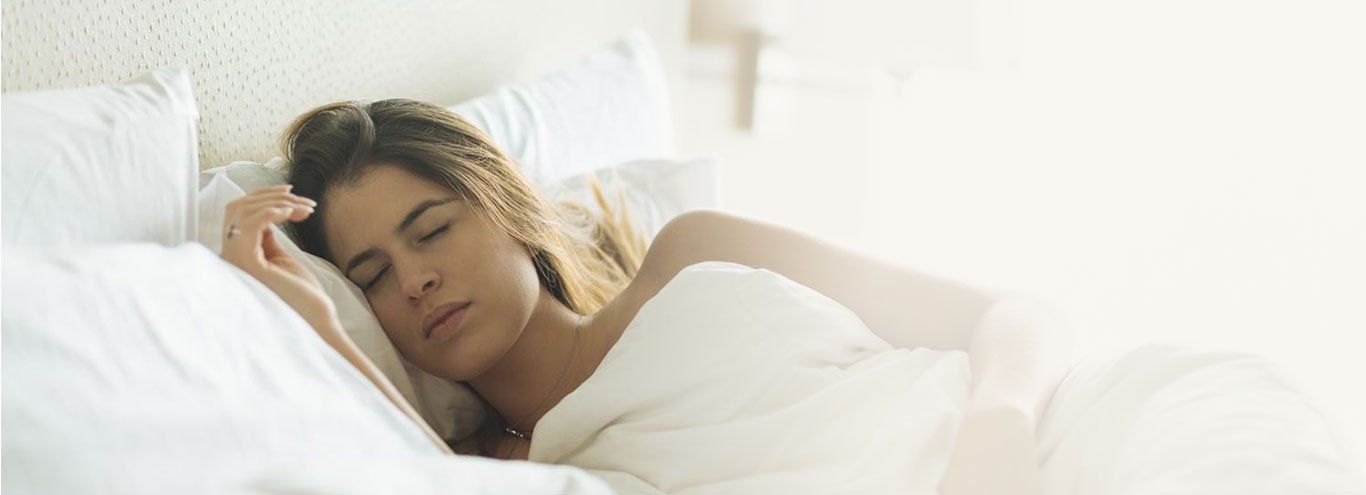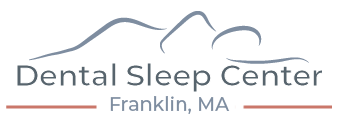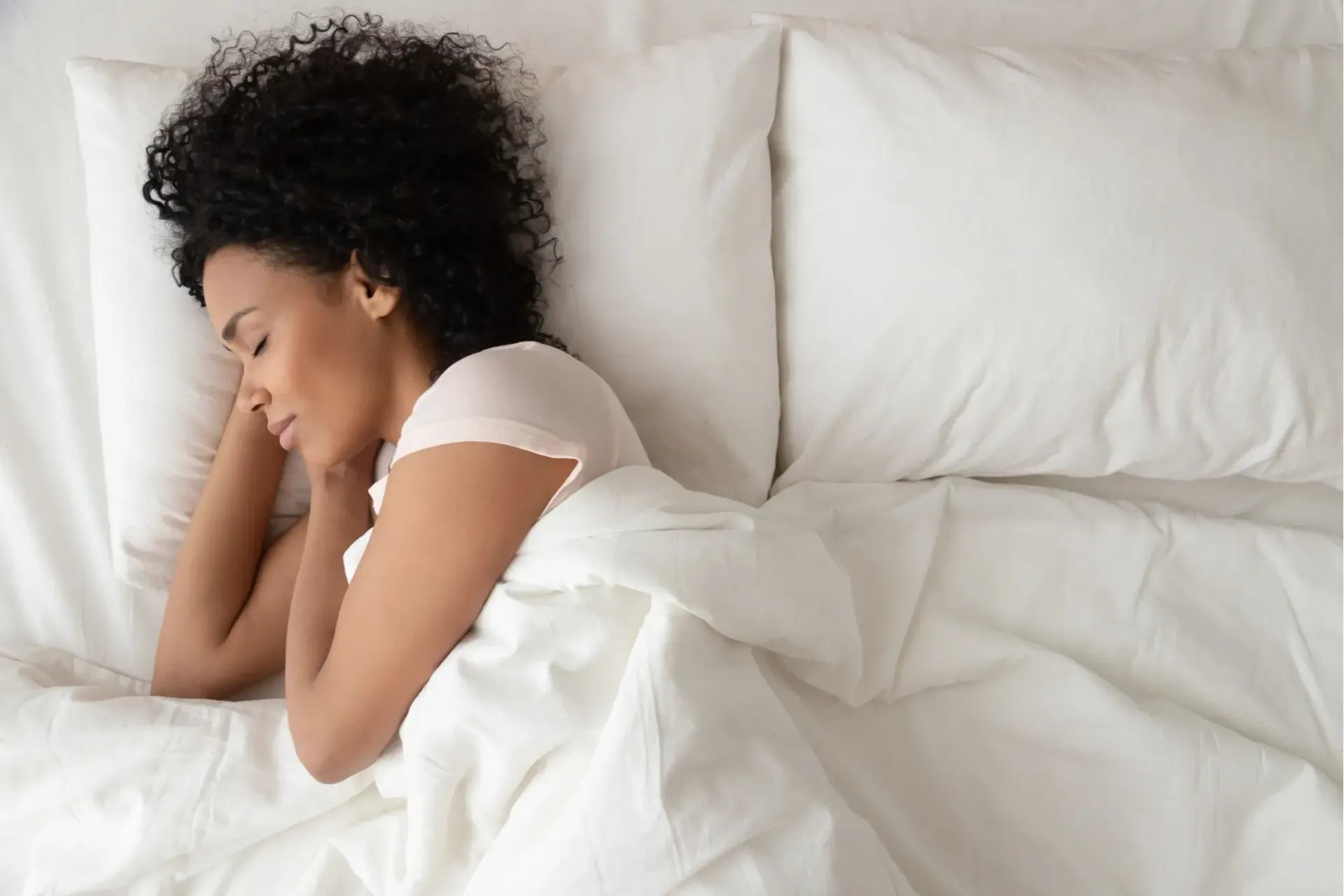Is It Sleep Apnea?
Symptoms of Sleep Apnea
People with sleep apnea typically don't know they have it because the symptoms can be subtle. However, if you're experiencing any combination of the following symptoms on a regular basis, it's worth talking to your doctor about whether you might have sleep apnea. These are some common symptoms you may face:
- Snoring
- Gasping for air during sleep
- Trouble staying asleep
- Morning headaches
- Dry or sore throat when you wake up
- Feeling tired after sleeping six or fewer hours during the night
- Excessive daytime sleepiness
How is Sleep Apnea Diagnosed?

Diagnosis of sleep apnea is not simple. There can be many different reasons for disturbed sleep.
Sleep apnea is a serious disorder that requires specialized treatment, and can only be accurately diagnosed by a sleep specialist. Once you're here at our Sleep Apnea Franklin office, the doctor will rule out any other potential causes of your symptoms, see if sleep apnea is the root cause, diagnose you, and develop a treatment plan tailored to your specific needs.

Multiple Sleep Latency (MSLT)
measures the speed of falling asleep. In this test, patients are given several opportunities to fall asleep during the course of a day. People without sleep problems usually take an average of 10 to 20 minutes to fall asleep. Individuals who fall asleep in less than 5 minutes are suspect for sleep disorders.

Diagnostic Tests
These are usually performed in a sleep center. New technology may allow some sleep studies to be conducted in the patient’s home.



